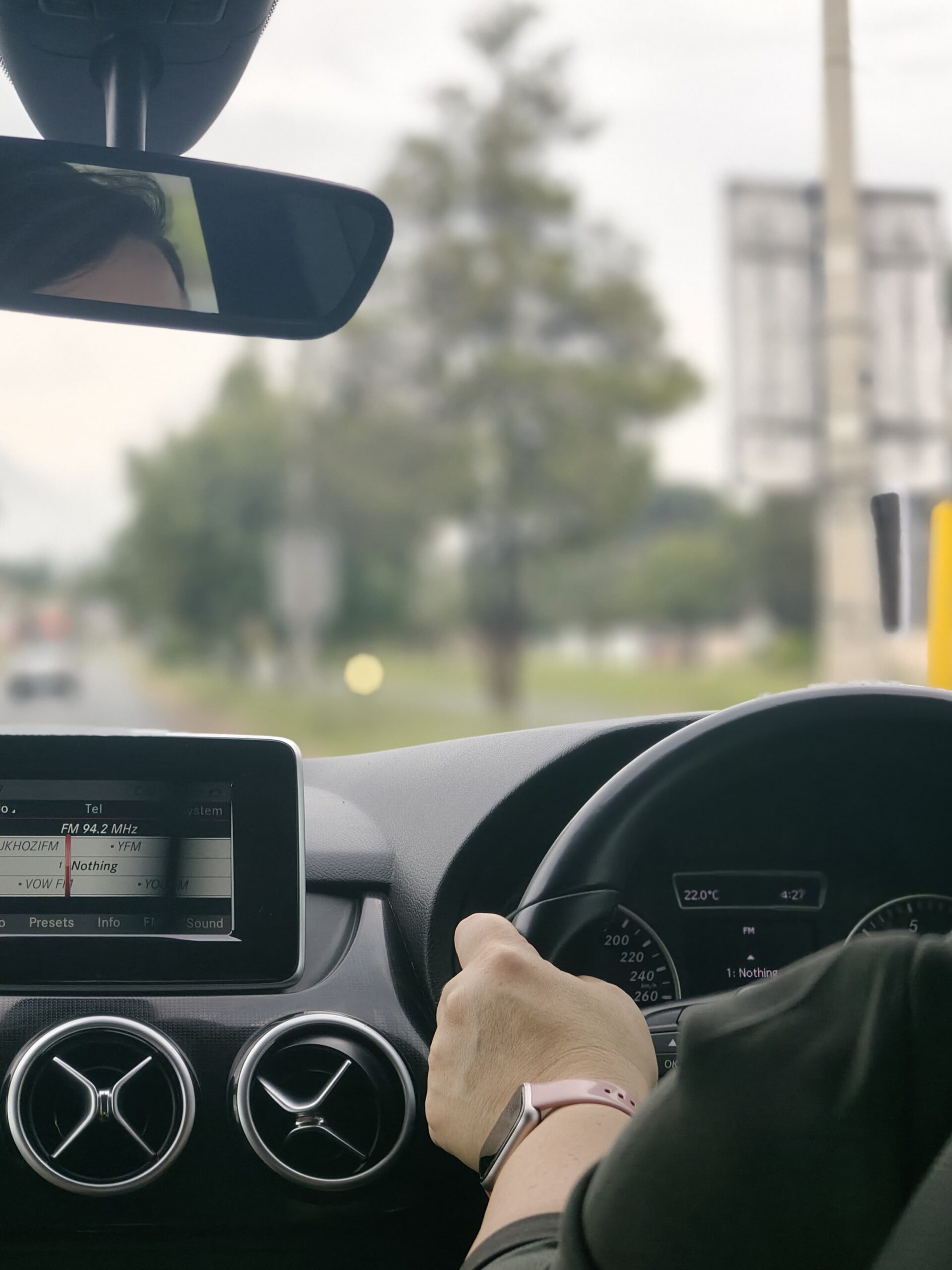-
 play_arrow
play_arrow
PUKfm
-
 play_arrow
play_arrow
London Calling Podcast Yana Bolder
-
 play_arrow
play_arrow
Summer Festival Podcast Robot Heart
-
 play_arrow
play_arrow
Electronic Trends Podcast Aaron Mills
-
 play_arrow
play_arrow
New Year Eve Podcast Robot Heart
-
 play_arrow
play_arrow
Techno Podcast Robot Heart
-
 play_arrow
play_arrow
Flower Power Festival Podcast Robot Heart
-
 play_arrow
play_arrow
Tech House Podcast Robot Heart
-
 play_arrow
play_arrow
Winter Festival Podcast Robot Heart
Christabell Lourens
@_clourens_
When you get behind the wheel, you’re not only driving for yourself but also for the people around you. Therefore, it is in your best interest to stay up to date with potential dangers that might cross your path.
For a lot of a people, driving is an unavoidable part of life. Whether you’re driving to work every single day or occasionally go on a long journey back to university, most people know that the experience can at best be enjoyable or at worst, life-threatening. In South Africa, there is the added problem of criminals that are in no short supply of tactics used to distract or overpower drivers on the road.
When guessing what the leading cause of fatalities on the road is, the answer is often unanimous. Drunk driving is the reason for about 65% of deaths and injuries on the road (dekraauto.co.za). Ironically, South Africa has some of the strictest laws surrounding drunk driving in the world. In South Africa, the alcohol limit is 0.05 g of alcohol per 100 millilitres of blood, which in some instances can equate to less than one drink. If you exceed this limit, you will most likely be arrested and can incur fines anywhere from R2000 to a staggering R150000 if other people were hurt, according to genesismedical.co.za.
Other than drunk driving, dsclaw.co.za cites distractions as another cause of fatalities. This refers to alertness while driving and how quickly you can recognise the potential of an accident occurring before it happens. This goes deeper than simply nodding off or being lost in thought, and actually refers to something many people are guilty of: texting. Texting and driving increases the likelihood of an accident by 23%. The fine for using your phone while driving differs per region but it can range anywhere from R1000 to R5000, as recorded by autotrader.co.za.
If you are a responsible driver, you will likely be able to avoid such fines or accidents by abiding by the law. Sadly, this doesn’t guarantee your safety. South African drivers are no strangers to the concept of hijacking. On 14 October 2024, businesstech.co.za published an article highlighting the concerning statistics of hijacking, as well as the provinces most at risk. Gauteng faces the worst rates of vehicle related crimes with 51% of all nationwide hijackings occurring in the province. It did, however, show that the Eastern and Western Cape observed the most concerning increases in vehicle crime, with 17% and 30% respectively.
The most common hijacking tactics are listed on arrivealive.co.za in an attempt to educate drivers on how they can protect themselves from being hijacked. The ‘tap-tap’ method is when a hijacker attempts to push a car off the road by pushing the vehicle with another vehicle. Hijackers can also impersonate police officers at road stops in what is known as a ‘blue light’ scenario. While these methods are common, the most likely tactics are often employed when the vehicle is stationary.
When idling at intersections, you may encounter someone trying to converse with you or convince you to open your window. This is a tactic where hijackers may threaten you with a firearm or other weapon. It is also important that you do not pick up hitchhikers under any circumstances, as this can also bring about unexpected dangers.
The advice for these scenarios remains the same; stay calm and comply with hijackers if there is no way out. While this situation is less than ideal, it is important to remember that hijackers are not just petty thieves. They are, more often than not, seasoned criminals, often with gang affiliations. If you ever feel anxious about being stopped by police, request to see identification (which they are required by law to carry) and record the situation with your phone.
At the end of the day, your goal should be to arrive at your destination safely. Protect yourself and those around by staying within the confines of the law, and always remaining vigilant.
Edited by Simoné de Witt
Written by: Wapad
Similar posts
Recent Comments
Chart
-
-
-
 play_arrow
play_arrow
I Had Some Help (feat. Morgan Wallen) Post Malone
-
-
-
 play_arrow
play_arrow
Not Like Us Kendrick Lamar
-
-
Top popular

VARSITY CUP TICKET RESELLERS AND BUYERS – MAY BE DENIED ACCESS

UNANSWERED AND UNSPOKEN: NWU’S SILENCE ON SUSPENSION OF SCC STUDENT LEADER

MARCHING FOR JUSTICE AND POLICE ACCOUNTABILITY: THE TRUTH BEHIND THE TMM LOFTS PROTEST

DEGENAAR PRAAT OOR DIE NA-SKOK VAN ‘N TRAGEDIE

STUDENTS NO LONGER SAFE BEHIND LOCKED DOORS!






Post comments (0)